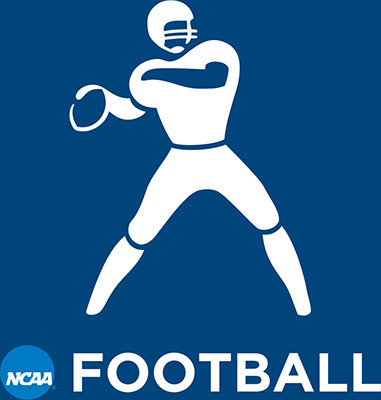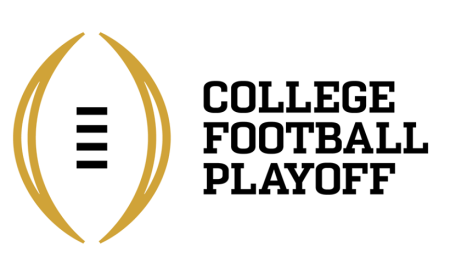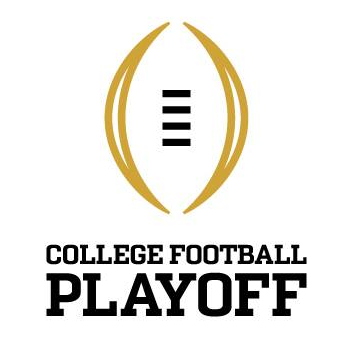
As more and more industries are utilizing big-data in some creative, and some controversial, ways, it is strange to see NCAA Football moving away from data, rather than refining it. From 1998, and ending after the current season, the NCAA Football National Championship has been decided by the Bowl Championship Series (BCS). Beginning next year, the NCAA Football Championship will be decided by the four-team tournament, uninspiringly named the College Football Playoff.1 While the BCS has had varying support over the 16 years it has decided the National Championship, it is certainly more data-centric than its successor.
 The BCS
The BCS
Officially, the BCS is “a five-game showcase of college football designed to ensure that the two top-rated teams in the country meet in the national championship game, while creating exciting and competitive matchups among eight other highly regarded teams in four other games.”2 There is no question that there is/was a need for some type of system like this, but controversy arrived when BCS built a system to choose who plays in these five games.3
The BCS Rankings
The rankings are where the BCS looses its support. The rankings are based on a three-part formula. According to the BCS 2013-2014 Media Guide:
The Harris Interactive College Football Poll, USA Today Coaches Poll and computer rankings each constitute one-third of the BCS Standings. To derive the three percentages, each team is assigned an inverse point total (25 for No. 1, 24 for No. 2, etc.).4
The Harris Interactive College Poll and the USA Today Coaches Poll, though sometimes not truly reflective of a teams performance, are widely supported within NCAA Football. Where the problem arises – and where there is the most thorough analysis of data and statistics – is the ‘computer rankings’ section of the ranking. There are six separate computer rankings that the BCS uses when formulating their rankings, but all account for similar statistics such as: schedule strength, won-loss record and home-and-away records. But, just take a look at the websites of a few of the providers: Kenneth Massey rankings, Colley Matrix, Dr. Peter Wolfe’s rankings – the other three are no better. While, yes, one doesn’t need a fancy website to run models and projections based on statistics, it seems that the BCS would spend some money to make them presentable. I digress.
Further, in choosing the teams to play in the five BCS games, there is a discrepancy between the conferences. There are a total of six conference with automatic BCS bids, meaning the winner of the conference is automatically selected for a BCS Bowl. The six automatic qualification (AQ) conferences are: the American Athletic Conference, Atlantic Coast Conference (ACC), Big Ten, Big 12, Pac-12, and the Southeastern Conference (SEC), and the highest ranked team from either Conference USA, the Mid-American Conference,the Mountain West Conference or the Sun Belt Conference.5 There are various other convoluted ways for a team to receive an automatic BCS birth, which you can find more info about in the link in the footnote.6 Once the automatic BCS births are tallied up, should there be any slots left unfilled, they are handed out on an at-large basis. To receive an at-large BCS birth, a team must meet two qualifications:
A. Has won at least nine regular-season games, and
B. Is among the top 14 teams in the final BCS Standings.7
BCS Ranking Controversy
As a teams strength of schedule plays into the computer polls, there is an inherent bias towards the six AQ conferences. Since the BCS was created in 1998, 11 non automatic qualifying conference teams have finished the regular season undefeated, and none have been given the opportunity to play for the National Championship. There are some glaring examples of an awesome non qualifying team being left out of the title game. Most notably, the 2009 TCU football team. That year, TCU went undefeated, beating several top-25 teams along the way. They finished the regular season ranked #4 in the BCS Rankings, due in large part to the perceived weakness of their Mountain West Conference.8
Perhaps the largest controversy to ever arise from the BCS, however, concerns an AQ team. In 2004, Auburn University went undefeated in the regular season, and won the SEC Conference Championship Game. Throughout the season, Auburn beat #5 LSU, #10 Tennessee, #8 Georgia, and Tennessee again in the SEC Title Game, then ranked #15. The NCAA Championship Game would be played between #1 USC and #2 Oklahoma, leaving #3 Auburn to play #8 VT. USC blew out Oklahoma by a mark of 55-19, and Auburn beat VT by a score of 16–13.
 Enter the College Football Playoff
Enter the College Football Playoff
The College Football Playoff is set to decide the NCAA College Football Championship beginning next year. There are several very clear differences between the selection process of the BCS and the College Football Playoff. Most notably, the College Football Playoff will choose the four team tournament field via a 13-member selection committee, as opposed to the BCS poll. The Selection Committee will also decide who plays in the remaining former BCS Bowls.
While NCAA Football fans have been calling for a playoff for some time now, there is a noticeable shift away from advanced statistics. According to the Selection Committee’s mandate, they are not required to, or even urged to perform the same sort of data-driven analysis of the prospective teams:
Unlike the BCS, which uses a formula based on a combination of computer rankings and human polls to select teams, selection committee members for the new playoff will have flexibility to examine whatever data they believe is relevant to inform their decisions. Among the many factors the committee will consider are win-loss record, strength of schedule, head-to-head results, and conference championships won. 9
For all the shortcomings of the BCS, it was and is a data-driven selection process. It will be interesting to see how this abandonment of big-data will serve NCAA Football. No doubt, there will be compelling match ups and exciting games. But one has to wonder whether or not the best NCAA Football team will become champion.
- College Football Playoff Website ▲
- Bowl Championship Series FAQs ▲
- Prior to the formation of the Bowl Coalition – The BCS’s predecessor – the AP Poll’s number one and two teams had met in a bowl game only 8 times in 56 seasons. Since the creation of the BCS in 1998 the AP’s #1 and #2 teams have met 12 out of 15 seasons. So it is clear that there was and is a need for a system that allows the top ranked teams to play for the championship. However, ranking the top teams has been a constant point of pain for the BCS. ▲
- BCS 2013-2014 Media Guide, “The BCS Standings,” P. 12. (PDF) ▲
- Ibid, (PDF) p. 7. ▲
- Ibid, (PDF) p. 7. ▲
- Ibid, (PDF) p. 8. ▲
- Dennis Dodd, CBS Sports “Messy BCS: Longhorns in title game doesn’t seem right,” Dec. 6, 2009. ▲
- College Football Playoff, “College Football Playoff Announces Selection Committee,” Oct 14, 2013. ▲

